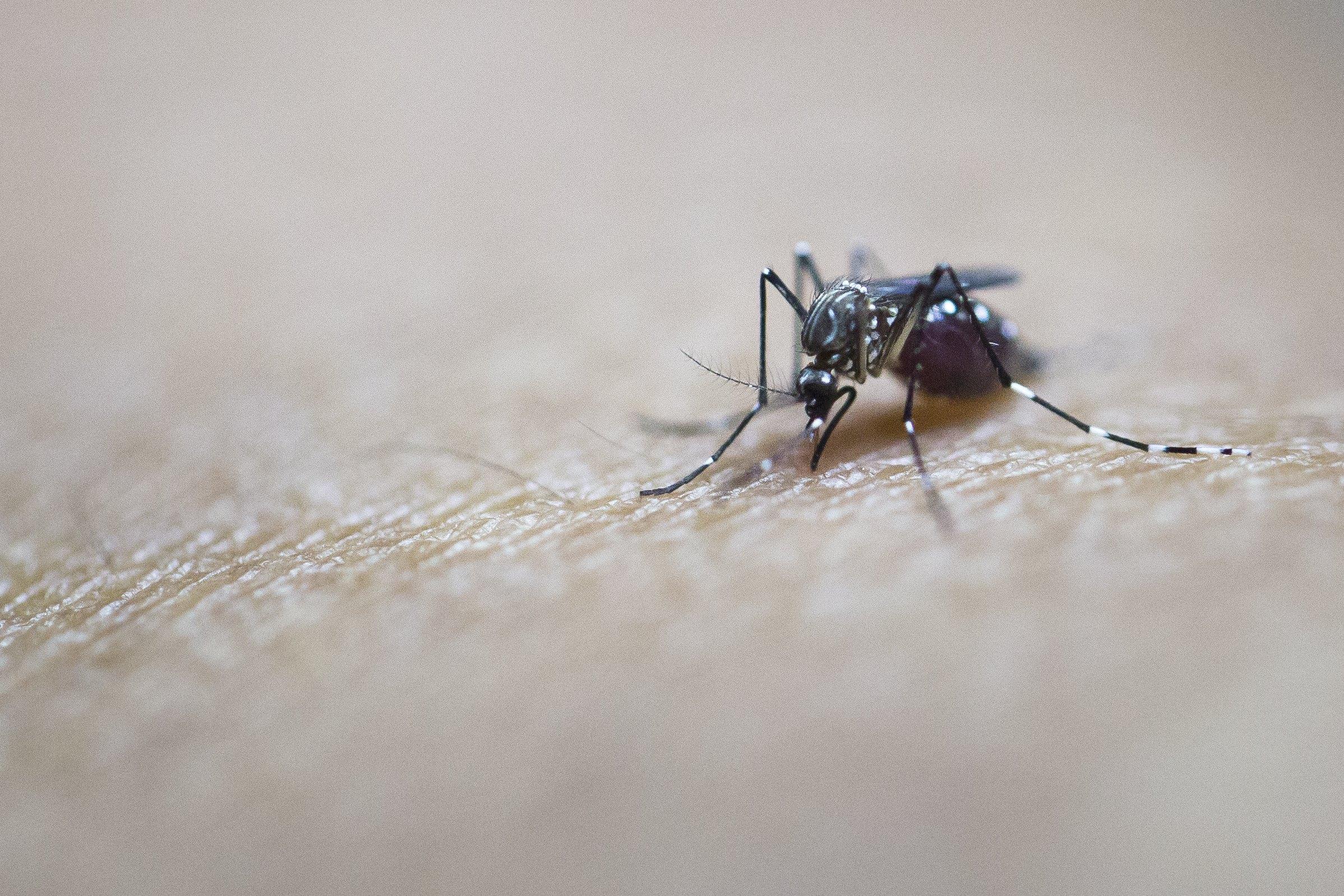Zika has crossed the Rio Grande … now what?
There are likely to be more Zika cases reported in Texas after the virus finally crossed the river. Pete Barlow looks at what this could mean for the country

Your support helps us to tell the story
From reproductive rights to climate change to Big Tech, The Independent is on the ground when the story is developing. Whether it's investigating the financials of Elon Musk's pro-Trump PAC or producing our latest documentary, 'The A Word', which shines a light on the American women fighting for reproductive rights, we know how important it is to parse out the facts from the messaging.
At such a critical moment in US history, we need reporters on the ground. Your donation allows us to keep sending journalists to speak to both sides of the story.
The Independent is trusted by Americans across the entire political spectrum. And unlike many other quality news outlets, we choose not to lock Americans out of our reporting and analysis with paywalls. We believe quality journalism should be available to everyone, paid for by those who can afford it.
Your support makes all the difference.Health services in Texas confirmed on Monday that a woman was diagnosed with the first case of Zika virus contracted from a mosquito bite. The patient, who lives in the city of Brownsville, near the border with Mexico, was reported to have had a positive test for genetic material from the Zika virus in her urine.
However, there was no detectable Zika virus in her blood. This means that she is not contagious and cannot pass the virus to another person via another mosquito bite.
Health investigators who have come to this conclusion have ruled out a number of other risk factors that could have contributed to the woman contracting Zika. These factors could include having sexual or very close contact with a person who was from a Zika-affected area.
They would also have looked at whether she had travelled to an area with a high prevalence of Zika virus in the human population.
The patient is also not reported to be pregnant, which is fortunate as Zika has been associated with severe birth defects in babies.
The fact that Zika has finally crossed the Rio Grande is significant because it is the first time that the virus has been recorded in this area after being transmitted by a mosquito bite. It is not surprising that it has happened now, as the area where the woman lived has previously been affected by other mosquito-borne diseases, such as Dengue virus.

Also, because Zika sometimes does not cause significant symptoms, it is thought that many cases of Zika infection are not reported to health authorities. This could mean that there have been many more cases of Zika infection in the US than the 4,400 that have been reported to date.
The United States Centers for Disease Control and Prevention and state health officials are conducting an investigation. It is likely that there will be more cases of Zika reported in Texas, particularly now that people living there are more aware of its presence. However, the infection is not likely to become widespread in the US this winter, as the mosquito that carries the Zika virus, Aedes aegypti, cannot survive in colder climates.
This is also the case for the UK where it is generally much too cold for the mosquito to survive. The risk of Zika infection still remains for people travelling to Zika affected areas such as South America, or engaging in unprotected sex with people who have recently come from Zika-affected areas.
The recommendations for people travelling to the warmer areas of the US or South America this winter remain the same. Pregnant women should avoid areas where Zika is known to be actively spreading, such as some parts of Florida, including Miami. All people who live, or have to travel to these areas, should use an effective mosquito repellent and wear trousers and long-sleeved shirts to avoid being bitten.
This is the most effective way of preventing infection with the virus.
This article first appeared on The Conversation (theconversation.com). Peter Barlow is a reader in immunology and infection and head of research of the school of applied aciences, Edinburgh Napier University
Join our commenting forum
Join thought-provoking conversations, follow other Independent readers and see their replies
Comments